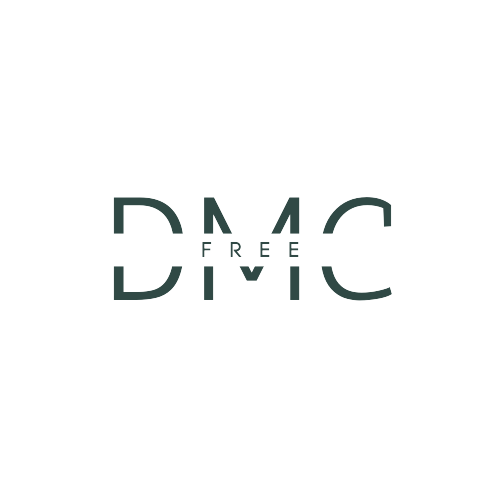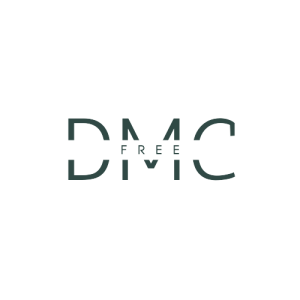
In an era where the online world is intertwined with our daily lives, businesses and individuals alike turn to the digital realm to reach, engage, and convert audiences. The heart of these efforts lies in digital marketing.
Table of Contents
What is Digital Marketing?
Digital marketing uses online channels, platforms, and tools to promote products, services, and brands. Unlike traditional marketing—which includes mediums like print, TV, and radio—digital marketing campaigns are executed primarily via the Internet, reaching users on their computers, tablets, smartphones, and other digital devices.
Types of Digital Marketing
There are multiple facets to digital marketing, each addressing different audience needs and offering unique ways of engagement:
- Search Engine Optimization (SEO): Enhancing website content and structure to rank higher on search engine results.
- Pay-Per-Click (PPC): Online ads where advertisers pay a fee each time their ad is clicked.
- Content Marketing: Creating and sharing valuable content to attract and retain a targeted audience.
- Social Media Marketing: Using platforms like Facebook, Twitter, and Instagram to promote products or services.
- Email Marketing: Sending targeted messages to prospects and customers to foster engagement and conversion.
- Affiliate Marketing: Earning commission by promoting other people’s/company’s products.
- Online Public Relations (PR): Managing a brand’s online reputation and fostering positive relationships with online stakeholders.
What Does a Digital Marketer Do?
A digital marketer’s primary role is to design, execute, and manage marketing campaigns across various digital channels. Responsibilities include:
- Identifying target audiences and devising strategies to engage them.
- Analyzing metrics to measure the success of campaigns and improve future efforts.
- Staying updated with digital trends, technologies, and best practices.
- Collaborating with designers, content creators, and other team members.

Skills Needed in Digital Marketing
Successful digital marketing requires a blend of both technical and soft skills:
- Technical Skills: These include SEO expertise, data analytics, proficiency in digital ad platforms, and understanding of web design principles.
- Soft Skills: Creativity, adaptability, communication, and teamwork are paramount.
Starting Your Career in Digital Marketing
Embarking on a digital marketing career involves the following steps:
- Educate Yourself: Take courses, attend workshops, or pursue degrees in digital marketing or related fields.
- Gain Experience: Start with internships or freelance projects to apply your knowledge in real-world scenarios.
- Build an Online Presence: Create a personal brand, showcase your expertise, and network with professionals.
- Stay Updated: Digital marketing is dynamic. Regularly update your skills to stay relevant.
Snapshot: Digital Marketing Essentials
| Topic | Details |
|---|---|
| Types of Digital Marketing | SEO, PPC, Content Marketing, Social Media, Email, Affiliate, PR |
| Digital Marketer Responsibilities | Audience targeting, Campaign execution, Analytics, Staying updated |
| Required Skills | Technical (SEO, Analytics) & Soft (Creativity, Communication) |
| Starting in Digital Marketing | Education, Experience, Personal Branding, Continuous Learning |
In essence
Digital marketing courses are illuminating the ever-evolving nuances of this vibrant discipline. As the modern business environment increasingly leans on online channels, digital marketing continually adapts and thrives.
Frequently Asked Questions (FAQs) on Digital Marketing
- Why is digital marketing considered more effective than traditional marketing?
- Digital marketing allows for precise targeting, real-time analytics, and instant feedback, ensuring a more personalized and efficient approach than traditional methods’ broader reach.
- Can small businesses benefit from digital marketing?
- Absolutely! Digital marketing levels the playing field, allowing small businesses to reach a global audience with a modest budget, using tools and strategies tailored to their unique needs.
- How often should I update my digital marketing strategy?
- The digital landscape is ever-evolving. Reviewing and tweaking your strategy quarterly is advisable, ensuring it aligns with current trends and audience behaviors.
- Is it possible to track the ROI of digital marketing campaigns?
- Yes, one of the biggest advantages of digital marketing is its measurability. Using tools like Google Analytics, you can track conversions, engagement, and other key metrics to determine campaign ROI.
- How do content marketing and SEO work together?
- Content marketing provides valuable, relevant content to audiences, while SEO ensures this content is optimized for search engines. Together, they boost website visibility and drive organic traffic.
- Should my business be on every social media platform?
- Not necessarily. Choosing platforms that align with your target audience’s preferences and your business’s content strategy is more effective.


